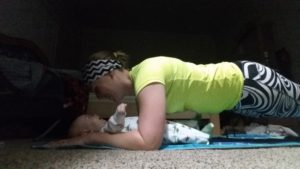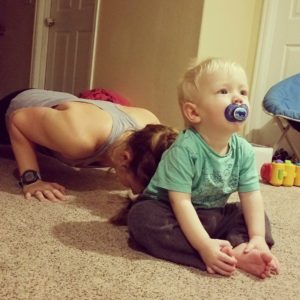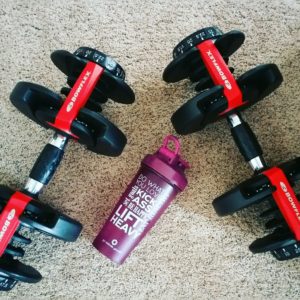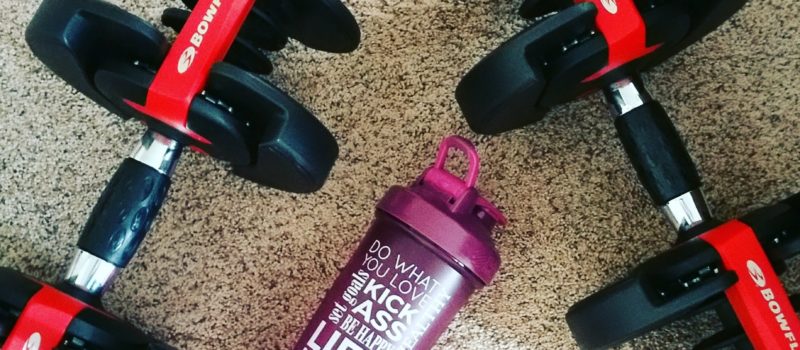In the world of health and fitness, 2 of the most common ways of measuring progress and wellness are a load of BS, how much we weigh and our BMI (body mass index). For some reason, we tend to hold on to these as indicators of success when they are terrible. Both ways rely on the number on a BATTERY OPERATED machine to dictate how we see our bodies. Then BMI has the audacity to factor in our height, something we have absolutely no control over. Both these numbers are used by medical and fitness professionals to tell is where we are and where we “should” be. (In all honesty, I could have written this entire post without including BMI but as a healthcare professional, I felt the need to address it as well.)
What do these numbers tell us? I mean REALLY? Our weight tells us our relationship with gravity, and our BMI puts our weight into math equation with our height to tell us if we are “normal weight” “under weight” or “overweight”. THAT IS IT.
What these numbers don’t tell us is how strong we are. How much muscle we have built. They don’t tell us about how fast or far we can run. They don’t tell us about how we are breastfeeding a baby, or sleeping an average of 2 hours at night. They don’t tells us how awesome we are or what amazing things we can do.
When I’m “talking shop” with someone about working out, lifting weights, and making progress, and they mention that they have been doing all these things but aren’t losing weight I cringe. Why, when we are making progress with how much we can lift or how fast we can run, do we let that seem like nothing, because the number on the scale isn’t any smaller??? Since when did this machine get so much say over how well we are doing and why are we so obsessed with seeing a certain number pop up, every time we step on?

Let me share something. I haven’t weighed myself in over a year, in fact I think the last time I was weighed was at a doctor’s office. I stepped on the scale for the sole purpose of this post. I weigh 147. I was this same weight at my 6 week check after having Dean (now almost 18 months old). With this weight, I am also 3 pounds away from being considered overweight according to BMI. The thing is, my body now looks much different than 6 weeks postpartum and there is nothing wrong with that. A postpartum body SHOULD look different. But sitting here with an 18 month old, it would be very easy to feel “defeated” that I still weigh the same, unless I had a different way to measure progress.
So if I’m suggesting that the scale is a terrible way to measure progress (which I am, in case I was being too subtle), then what are good ways to measure progress when it comes to fitness? Oh let me count the ways! There are endless ways, but I’ll share my favorites.

How to measure progress:
- Set fitness goals and track them. Want to be able to do a push up on your toes? Want to he able to do a pull-up? What to be able to run a mile without stopping? Great! Now WRITE IT DOWN and do it. Our goals should drive our action and our action should be driven by our goals. If you have a goal written down where you can see it daily, you are more likely to take action towards it on a daily basis. And it feels so good when you can check that goal off and move on to something more challenging. Losing “that last 5 pounds” doesn’t feel this good, trust me.
- Take some measurements. If you are working towards body change, these next few was of progress tracking are great. Measure your arms, chest, waist, hips, and thigh. Check your measurements often or not so often. Don’t obsess but use them to see what happens when you are consistent with your workouts.
- Take a picture. This one is probably the one that is used the least but is my favorite. Anytime I mention this to anyone I get a response along the lines of “Oh, I don’t want to see myself like that!”. Well, if you never take the “before” picture, you can’t have the “after” picture. We all have our cellphones within arms reach, so snap a quick pic and move on. These don’t have to be shared publicly, unless that’s your thing, but I promise it’s totally worth it.
- Notice how your clothes fit. This is easy, because we all wear clothes, every day. Are these pants fitting a little looser? Did I need to tighten my belt? SCORE! Something must be working.
- Track your workouts. Whether we lift, run, swim, bike, etc, we can track how we are doing. I’ve started writing down the weight I lift for each workout, something I wish I had done when I started lifting 2 years ago. When I started 2 years ago, I was using 5 and 8 pound dumbbells because that’s all I had. Now I’ve got my dumbbells set between 20 and 22.5 pounds for most of my lifts. If that’s not progress, I don’t know what is.
Personally, I use pictures, how I feel, and tracking my workouts to measure progress. I can do more now then I could a year ago. I feel better, stronger, and more confident now then I did a year ago. That feeling is something that I never got from losing 5-10 pounds. The confidence that comes from overcoming the need for the scale and taking its power away is incredible and something we all need, especially as women. I realize that this is a big mindset shift and it isn’t something that happens overnight, but I believe it NEEDS to happen because we are worth so much more than a number.

